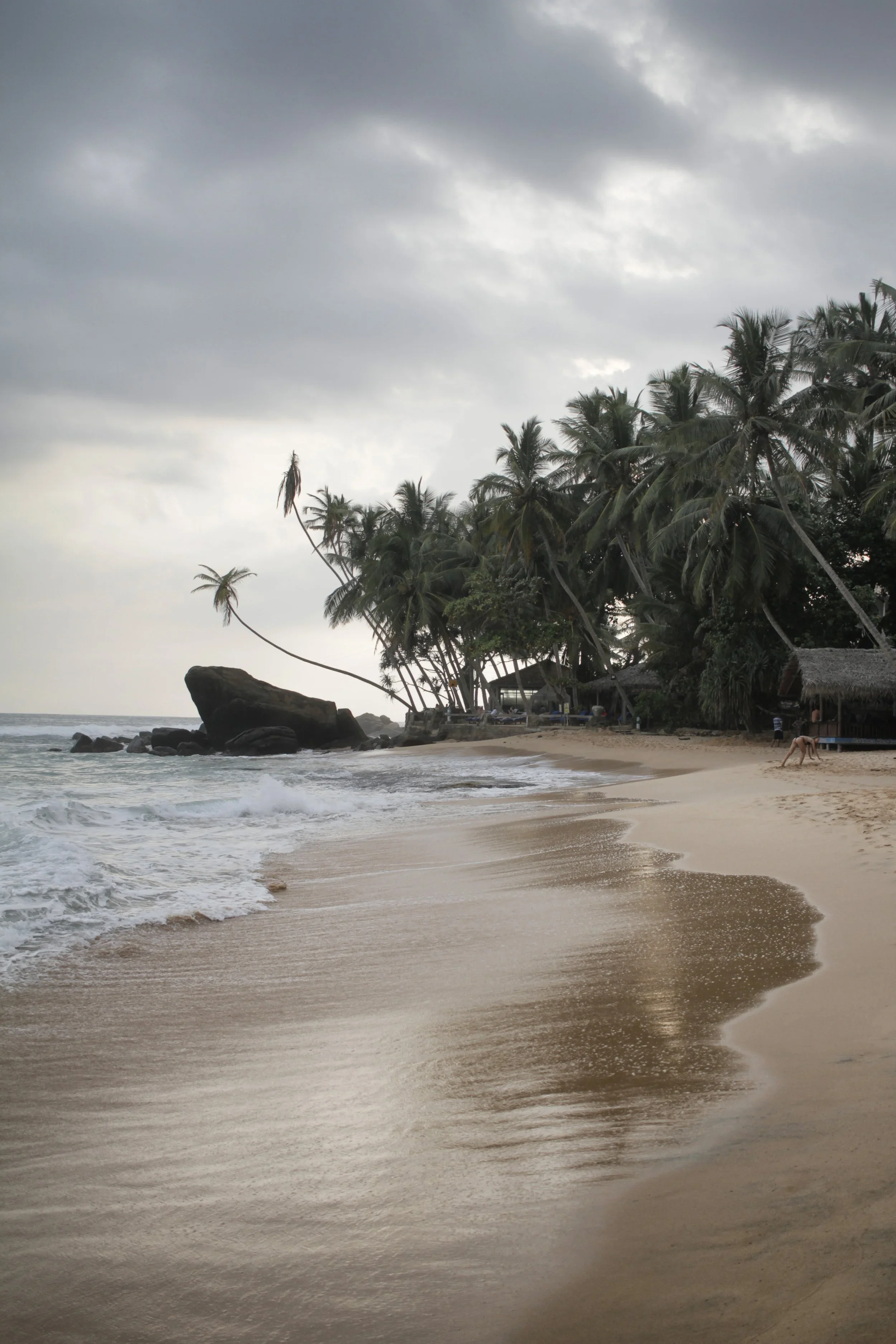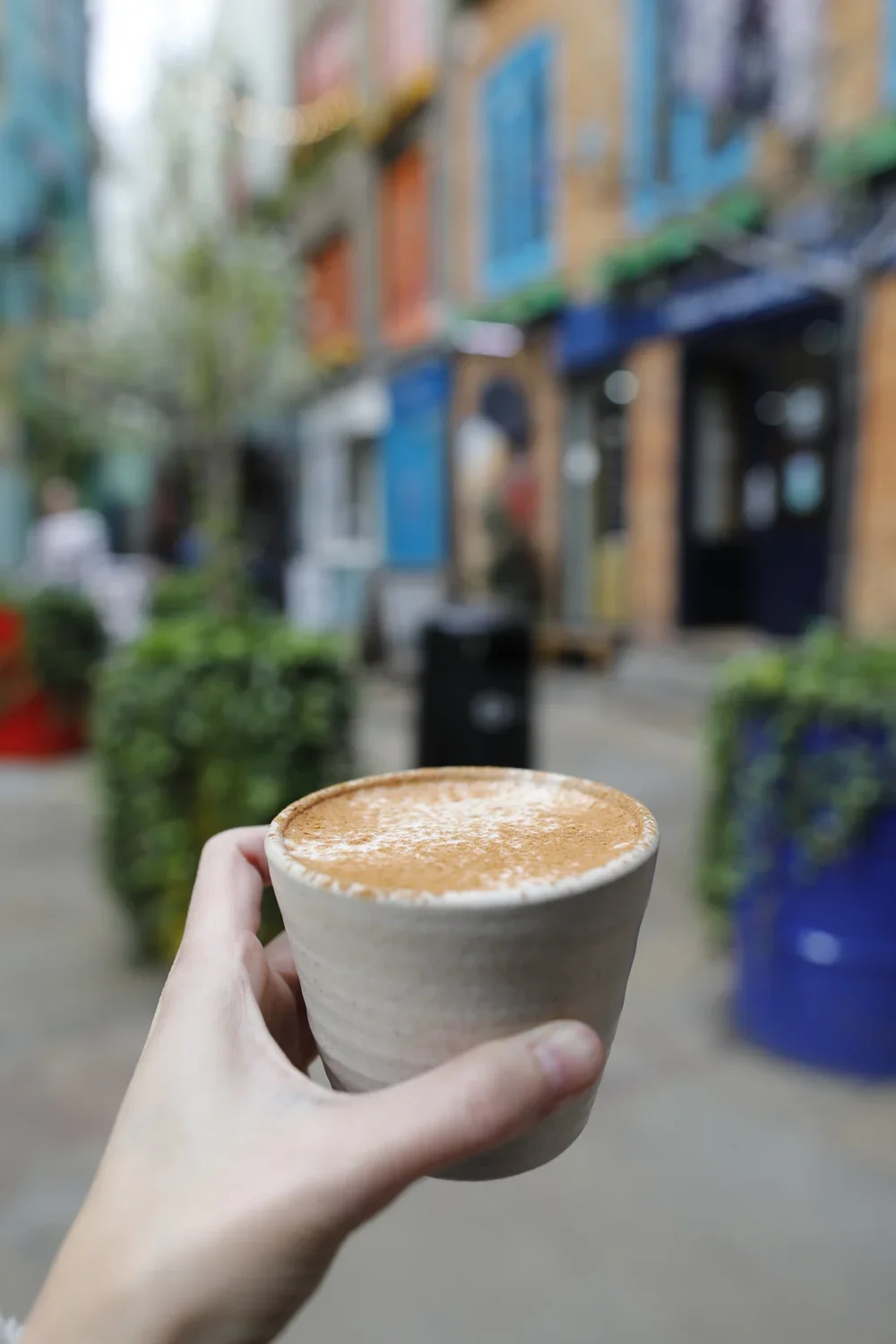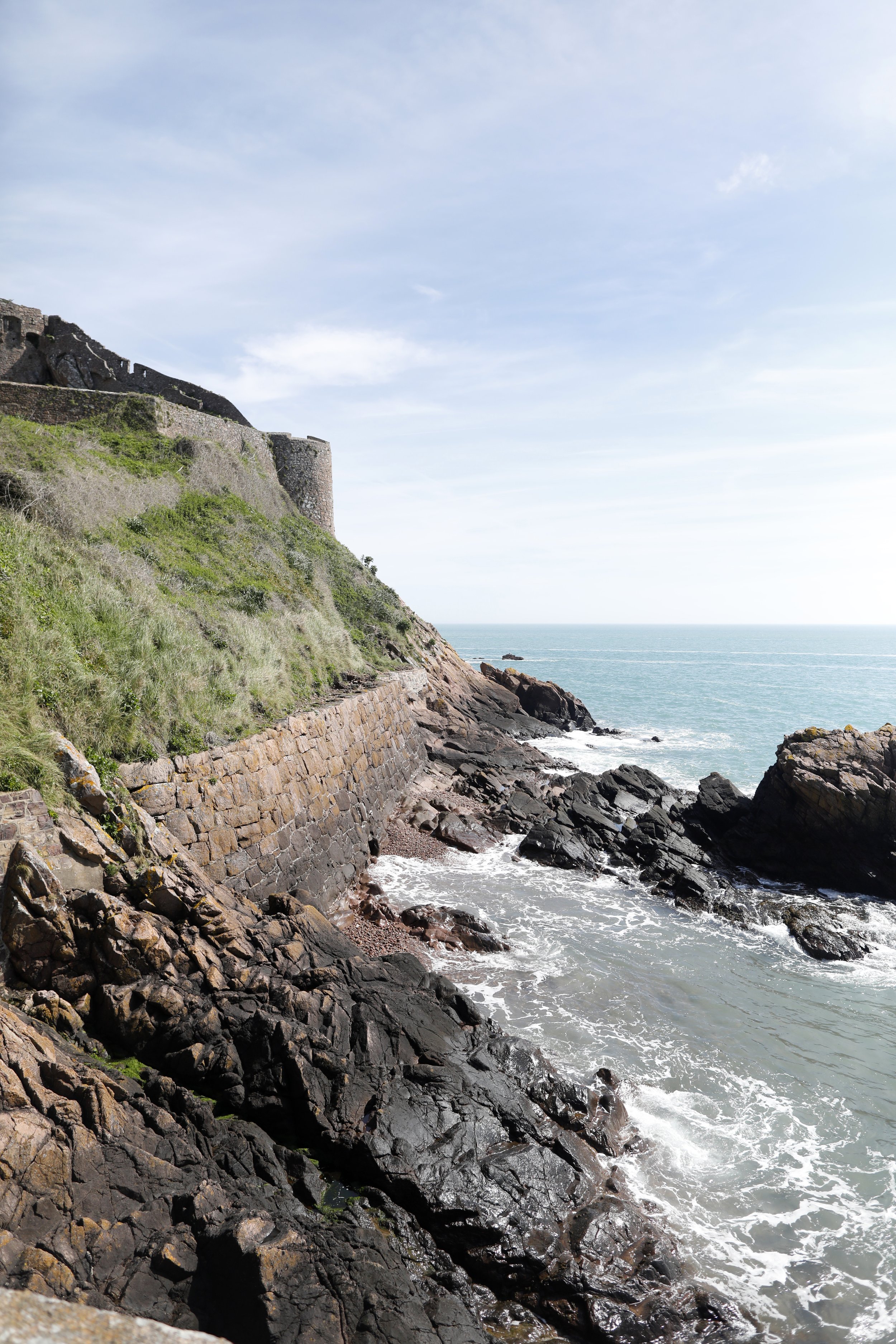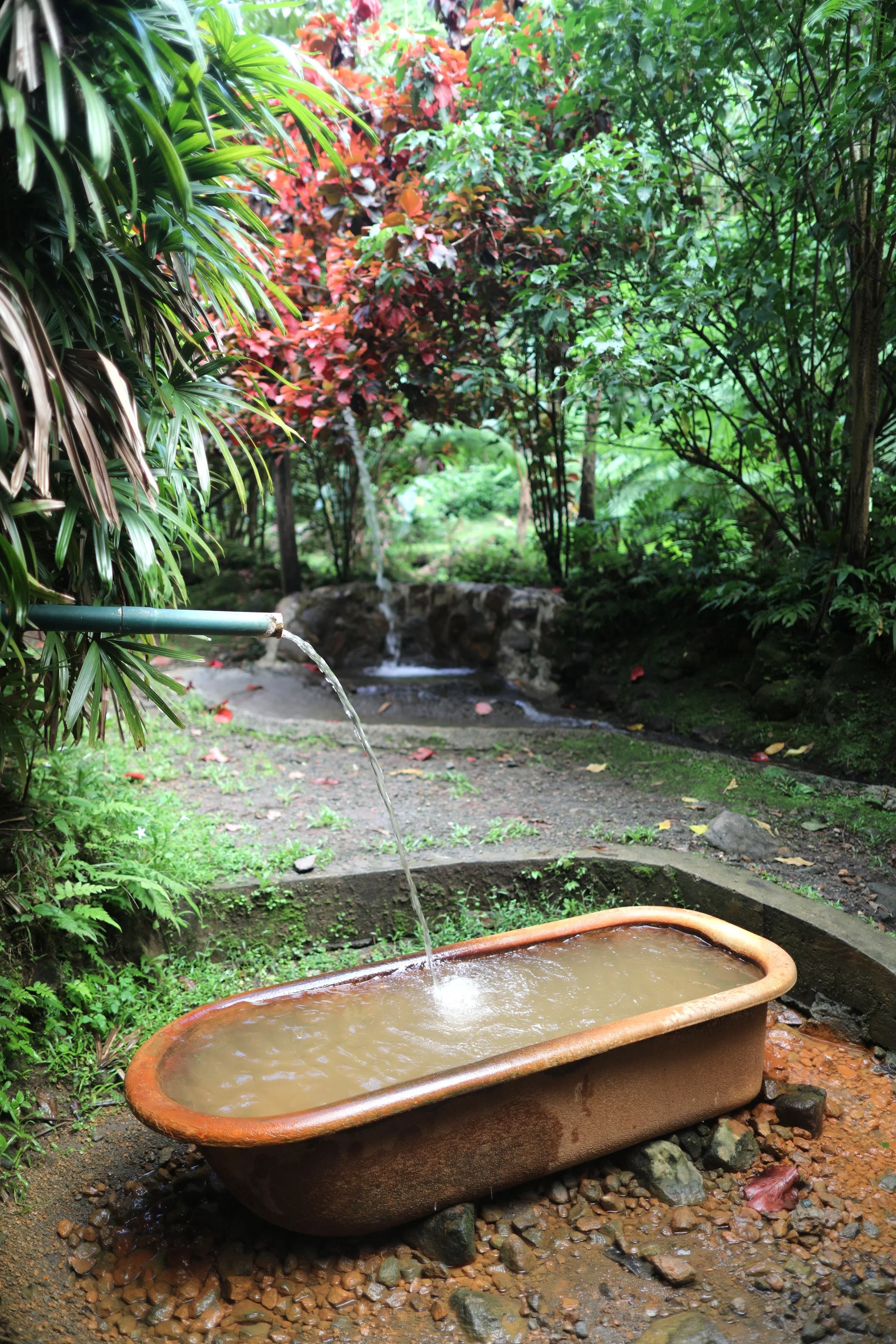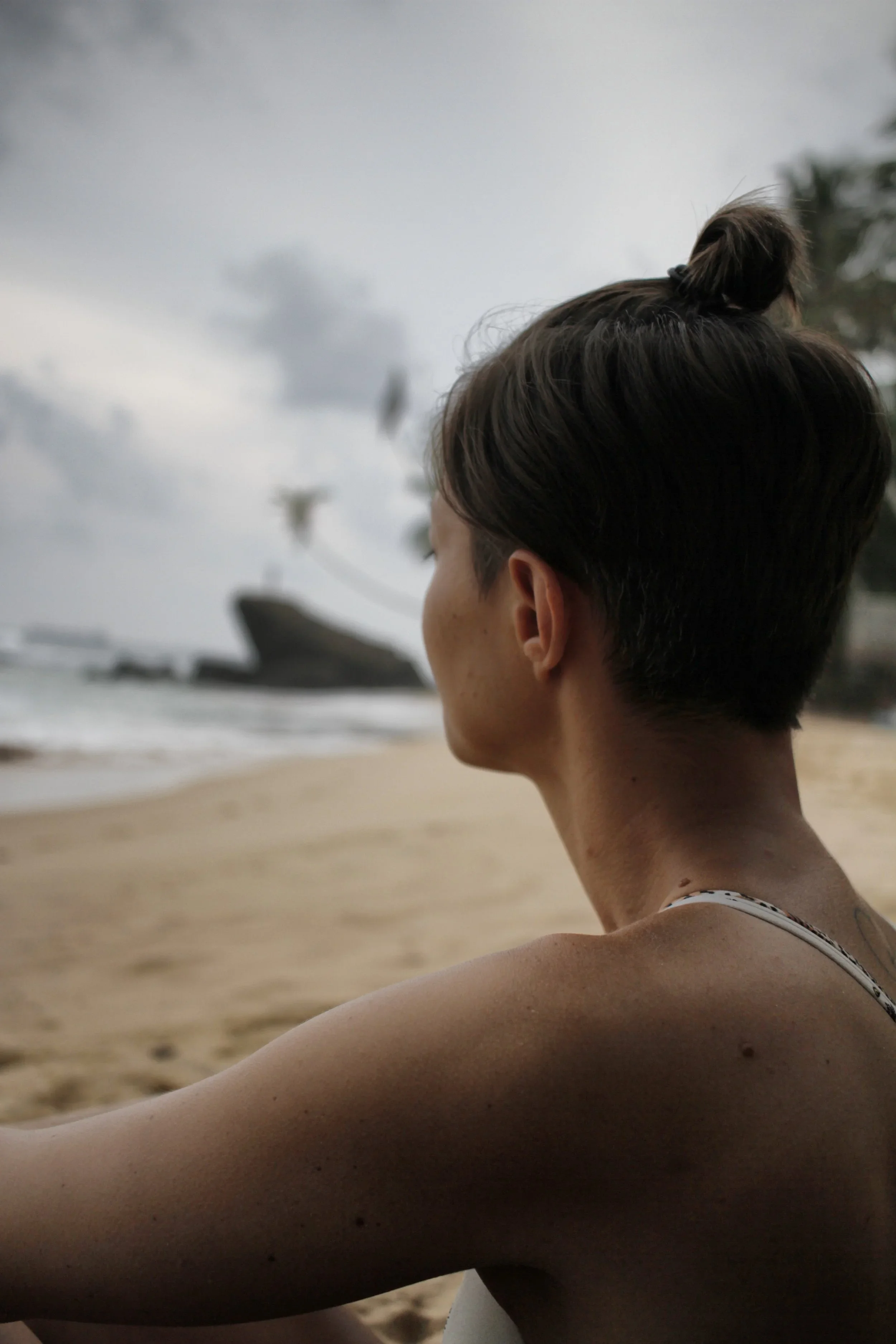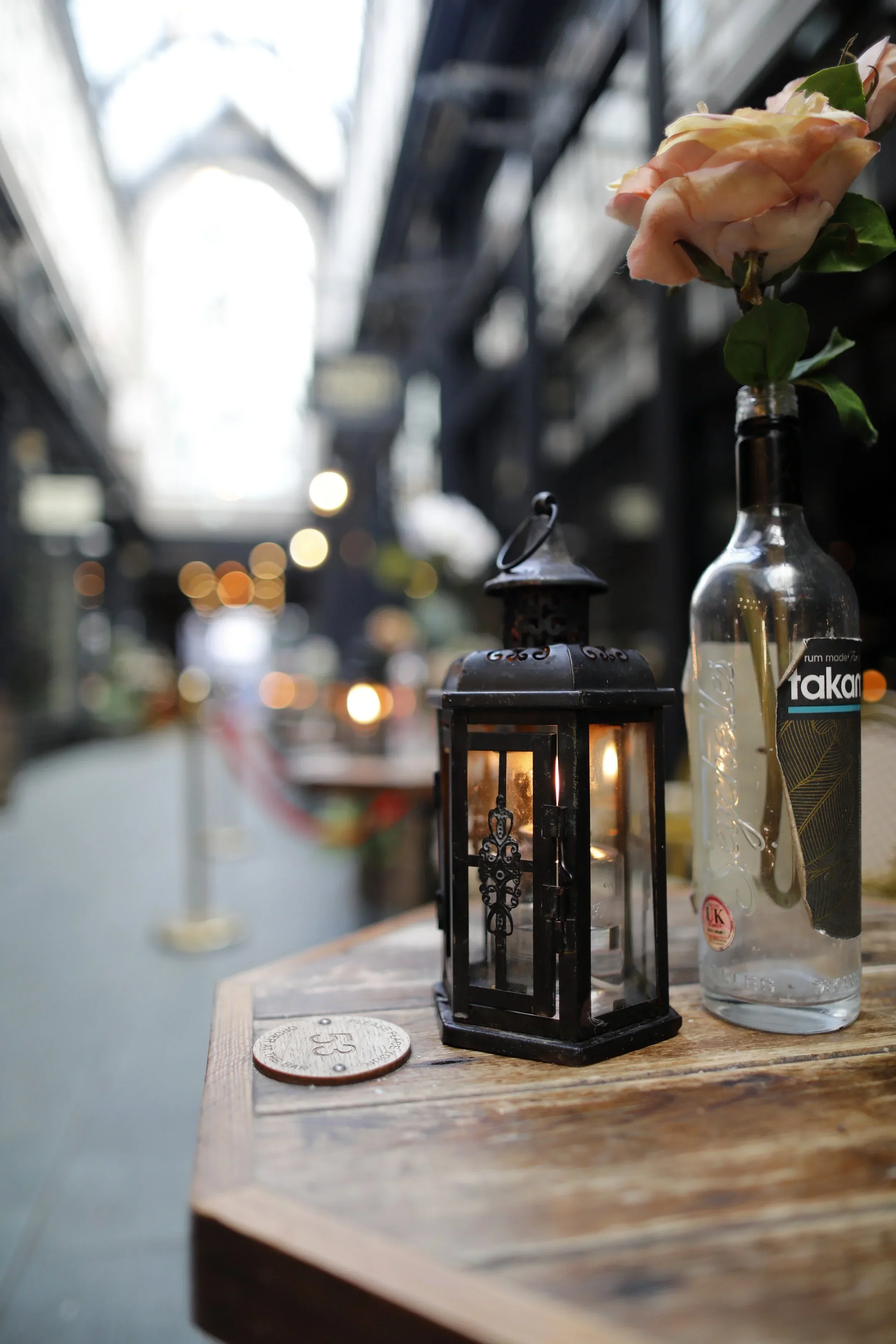Travel Do’s & Don’ts
Best things to do (& not) while on an adventure.
Let’s face it, travel is sometimes a dirty business but it’s best to always stay present and aware because unpredictable things can and will happen. For the last 20 years, I’ve been traveling around the world, mostly alone, reaching 55+ countries and six continents. What follows are my travel do’s and don’ts to help better prepare you for your next adventure.
Travel Do’s & Don’ts
/ Plan Ahead & Do Your Research
/ Pack Basic Health & Safety Measures
/ Bring Appropriate Gear for Weather Conditions & Desired Activities
/ Ask Around & Verify Information
/ Don't Always Trust Sources (Even if They Look Reputable)
/ Watch Your Physical Space (Body & Belongings) Very Carefully
/ Carry a Day Pack
/ Don't Be a Tourist
/ Share Only Necessary Details with Others
/ Never Leave Your Belongings Unattended
/ Always Carry Your Hotel Info With You
/ Don't Drink or Do Drugs in Excess
/ Don't Stay Out Too Late, Especially Alone
Top Travel Mistakes to Avoid
Plan Ahead & Do Your Research
I’m a huge proponent of flying by the seat of your pants while traveling. Personally, I love the excitement of not knowing what’s coming next and the flexibility of having an open schedule. That said, it is best to do some general research before arriving at your destination. You don’t need to plan every step of the way but make sure you know some of the basics: a few phases in the native language, currency exchange rates, ATM locations and protocols, internet availability, transportation options, weather conditions, cultural norms and so on.
It’s really important to have some of this information saved on your phone with screenshots. Often times you arrive and can’t get internet for some time, if ever at all. So make sure to have your hotel or Airbnb directions or the name of the guy you’ve arranged to pick you up at the airport. For rides, I usually ask my stay to arrange something beforehand or if research says taxi’s are pretty easy, I’ll just grab one outside the airport.
Also, verify how far your destination is from the airport and how much a ride should cost. That way, when you're stuck haggling with a taxi driver, you'll know how much is appropriate. Even further, make sure you know how your stay accepts payment. You never want to carry around a ton of cash but some places don’t accept cards. If this is the case, I’ll typically grab cash at the airport or confirm there’s an ATM near my stay. And to be honest, I've never felt it necessary to deal with currency exchange before arriving anywhere with the exception of Cuba, where they don’t have ATM’s linked to U.S. banks so you’re left with only what you brought into the country. When this happens, stash money in multiple different (safe) locations in your luggage so if anything happens you don’t lose everything.
Pack Basic Health & Safety Measures
Pharmacies can be closed or hard to find at your destination and you never know what you’ll run into, health-wise. Typically, I bring along bandaids, pain reliever, tummy medication, motion sickness pills, sunscreen, aloe and bug spray but feel free to pack any extra items you may think of. A tiny first aid kit wouldn’t be the worst idea especially in rugged locations.
Once, I found myself in Greece on holiday with an ear infection so brutal my ears were oozing blood but there was nothing I could do until pharmacies opened back up. I’ve been attacked by mosquitos and fire ants, gotten second degree sunburns and had more than my share of tummy bugs, so I can’t stress this enough. For the tummy, always use caution in less developed countries, not only with drinking water (buy bottled) but fruits, vegetables and smoothies, as they were likely washed with local water or combined with ice. Even so, I can’t help myself and love to enjoy those delicious smoothies and fruits but I always assume the aftermath might not be so pretty.
Bring Appropriate Gear for Weather Conditions & Desired Activities
It’s pretty often that I talk myself out of bringing this or that because it feels unnecessary but on most occasions, I end up needing that very item. Bring an extra pair of shoes for when your feet start to blister, a light jacket for a chilly evening, a scarf for that train ride or a hat to block out the sun. You might even want to bring a few items that will make you feel right at home on your trip like your favorite tea, book or pair of slippers.
Researching the local weather and activities in a location will help give you insight on what to bring along. Typically, I’ll search something like, “Best things to do in Kyoto,” to gain an understanding. Do I need hiking shoes? A swimsuit? A waterproof rain jacket? I mean, the truth is, locals might tell you that’s it’s okay to hike up a volcano in flip flops (yep, that’s right) but your better sense will guide you. Trust your judgement and err on the side of caution. That means, if you’ve packed sunglasses, a hat and sunscreen for sunny days make sure to bring those items along with you in your day pack; don’t assume you’ll be fine without them.
Ask Around & Verify Information
Asking around to verify information from more than one source is super important. I know we’d like to think we can trust others and our own judgement, for that matter, but sometimes people are simply wrong or lying or confused or misunderstood due to language barriers. Did you know that in Asian cultures people are too ashamed to say they don’t know the directions some place? Instead, they will completely fabricate them to save face.
That said, do ask locals for information you need but don’t always trust the first person you speak to. Things you might want to ask can range from, “Where’s the best meal?” or “Is it safe to get a taxi at the airport"?” to “How much should the ride cost?” If at all possible, search online to double check and take those screenshots, if needed.
For example, one thing I always do before jumping into a taxi is verifying how long the ride should be. That way, if the driver decides to go in circles for an hour when it should be a 10 minute ride, I can shut it down pretty quickly. And truly, this has happened so many times. In Vietnam, I had to jump out of the taxi and threaten to call the police on my driver who was driving in circles and insisting on higher payment.
Additionally, if you’re headed someplace far, check the map on your phone or street signs to make sure the driver is headed in the right direction. Even if the driver doesn’t have bad intentions, there might be a misunderstanding and it’s better to solve before you’ve gone two hours in the wrong direction. Interestingly, you don’t even need an internet connection to use Google maps. Now, you can only see that little blue dot moving around but at the very least you should be able to tell if you’re going in the right direction.
Don't Always Trust Sources (Even if They Look Reputable)
Use caution trusting sources, even if they appear to be credible. You have to remember that in some poorer countries people are willing to cheat or scam a bit to get some extra money in their pockets. And even if they aren’t cheating, they may be referring you to their best friend who’s a taxi driver or father-in-law’s restaurant to keep money in the family.
In Vietnam, I had a currency exchange booth at the airport scam me out of hundreds of dollars. It was midnight and I was too tired to do my math correctly. So move slowly, especially when it involves money, try not to feel pressured and always double check any transactions by others. If you don’t feel comfortable, simply walk away. Shockingly, though, I shared my story with a few locals while in Vietnam and was told to go back with my tiny scribbled receipt and pretend to call the police. And guess what? It worked, I got my money back without hesitation. But bear in mind, the police may also be in on bribes so depending on the country this may not always work.
Watch Your Physical Space (Body & Belongings) Very Carefully
Unfortunately, it’s pretty easy for someone to slip into your bag and steal something or drop a pill into your drink, both of which have happened to me. Consider locking up all personal belongings, no matter the circumstance. Getting on your flight? Lock your suitcase or better yet, pay a few extra dollars and wrap it in plastic so thieves won’t stand a chance. Sadly, I once had a gift stolen right from my suitcase on the way to Peru.
Leaving your room for the day? Lock up your passport and any other valuables. For this one, make sure to book a room with a safe or locker, or worst case, use a small personal lock on your suitcase or backpack as it will at least deter others. Plus, you’ll likely be able to tell if it’s been tampered with. Jumping on long bus ride with bags above your head? Use a lock to secure the zippers together. If you forget to bring along a lock, they can be purchased at any hardware store.
That said, guard your passport with your life. Sometimes I feel safer taking it with me for the day or need it for certain activities but will only bring it if I’m going to keep it securely on my body the entire time. Additionally, I take a photo of my passport to keep in my phone, as well as email myself a copy in case of emergency.
For safety’s sake, I’d recommend never carrying more than $100 USD cash on you at one time (or more than you’re willing to lose or get stolen). Personally, so that I don’t have to stress about carrying too much money I stop by an ATM about every five days and pull out a few hundred dollars. Yes, there’s a small fee but I’d rather be charged $5 USD than lose everything by misplacing it or getting it stolen. However, do carry a small amount of cash at all times because many restaurants and tours don’t accept cards.
Carry a Day Pack
Because travel can sometimes be unpredictable, always carry a day pack with anything you might need for the day, plus some. Bring along any medications like tummy stuff, pills for headaches or motion sickness, water, snacks, cash, extra batteries, sunscreen, sunglasses, hat and phone charger. Many times, day trips last much longer than anticipated and sometimes tours don’t deliver on their promises. Check out my Near-Death Experience on Rainbow Mountain in Vinicunca, Peru where sadly I didn’t have the supplies I needed for an emergency.
Don't Be a Tourist
This might sound silly but the more you look like a tourist, the more you’ll be a target. To avoid looking like a tourist, try to dress as locals and don’t wear anything flashy or expensive, like jewelry, as it may attract attention. This is tough with items such as camera equipment, so I usually carry a bag and if I’m feeling worried I’ll stuff my camera into the bag out of sight. I also keep my camera strap around me at all times, never taking it off to shoot.
This one goes for cell phones, too. Don’t hold up your cell phone alongside a busy street; sometimes riders can pas by and snatch it right out of your hand. And most importantly, don’t look lost by pulling out a giant map of the city and spending 10 minutes covering your face, unaware of what’s going on around you. Step into a coffee shop and ask the barista for directions or move to a less crowded area like a restroom.
Above all else, having a constant internet connection, not just wifi, will ease the stress of travel. You can research destinations, activities, where to book tours, directions, restaurant reviews and so much more. From my understanding, there are really only two options. Although I’ve never gone this route, I know many who travel for extended periods of time, buy local SIM cards for their phones.
Alternatively, I use T-Mobile’s international plan that offers uninterrupted service in nearly every country (and it really works). Here’s the list of countries that are included in the plan. Though, I will say, you must set this up before you arrive because it takes a billing cycle to get the kinks out. If this plan doesn’t work for you, T-mobile and most other phone carriers offer international day passes for around $5 USD, which can be really helpful in a pinch. Plans do seem to change often so keep up to date on what your carrier provides.
Share Only Necessary Details with Others
Be skeptical and very cautious, especially as a woman traveling alone, about who you share personal details with. That means, don’t ever say you’re traveling alone, don’t give specific details about where you’re staying, don’t share meeting points or how much money you’re carrying and so on. Of course, this isn’t meant to frighten you and there are obviously people you can trust while traveling but give it a minute before you do.
After meeting someone for the first time, I typically tell them my friend is meeting me soon or better yet, they’re just around the corner. If I continue to get to know this person and begin to trust them, I’ll simply say that my friend got delayed, or similar. Just beware that some people may have bad intentions, no matter how nice they seem, and age, race or gender don’t matter much when it comes to safety.
Never Leave Your Belongings Unattended
Never leave your belongings unattended and by that I mean, do not ever leave them out of sight unless they are in a safe place. And by safe, that typically means locked up in some way. A risk that most people aren’t aware of is leaving belongings in the trunk of a taxi and getting out while the driver is still in the car. Instead, make sure they exit the car first so they don’t have the opportunity to drive off with everything you own. Also, never put your money, credit cards or passport anywhere other than on your body or in a bag on your body. Leaving something unattended for even a moment can be risky.
Always Carry Your Hotel Info With You
This one is super straightforward. Make sure to always have a business card, screenshot or note with the address and phone number of where you’re staying. In case you get lost, need help or God forbid, blackout or have some type of health emergency, you want to be able to get back to your stay safety.
Don't Drink or Do Drugs in Excess
Everyone wants to have a wild time while traveling but once you experience something as scary as being drugged or blacking out, you’ll never want to do it again. And drinking and drugs, although likely fun, can only lessen your inhibitions and put you at greater risk.
Once, while in Venice for Carnival, I went out to celebrate with a few new friends. About two drinks in is all I can remember. I woke up in the middle of the night in my hostel bed puking all over myself, the wall, my shoes, the bathroom. It was terrifying and I had no idea what had happened or how I got there. I can only assume someone drugged me and somehow I got myself back to the hostel in the labyrinth that is Venice. Nowadays, I’m extremely careful with drinking so I can stay as alert as possible.
Don't Stay Out Too Late, Especially Alone
It’s best not to be wandering around alone at night when the streets get a bit more dangerous, particularly in areas of a city that are crime ridden. If you must, ask someone you trust to walk you back or keep something on your body for protection. But mostly, just be aware and cautious. If someone looks creepy try to stop and talk with someone or step into a bar or restaurant and wait it out.

